Best Practice I
“AROGYAM”: SECURING LIFE & PRESERVING INDIAN KNOWLEDGE SYSTEM
(An initiative Of Green Youth Brigade Club)
The college has a Green Youth Brigade Club that promotes sustainability and societal health. It has been active since 2014, contributing to an ecocentric way of living and offering consultancy services for urban herbal gardens. The club operates under the college’s environment and energy policies, aiming to conserve nature and mentor young people in balancing development and environmental protection. It started with tree plantation activity and has since expanded its arms to other areas of conservation and sustainability.
Bringing the students as frontline warriors of environmental safety and sustainability. Green Youth Brigade works in 4 major areas
- Conservation of biodiversity on campus: GYBC warriors are assigned work to document the biodiversity, including flora and fauna, on campus. The plants are assigned QR codes for better identification. All the flora and fauna in the campus are mapped by the students.
- Endorsing Swaksh Bharat Abhiyan with “Green CMP Clean CMP”: GYBC members are engaged in various cleanliness and beautification drives and maintain the campus green and clean
- Ecocentric approach towards environmental sustainability: GYBC aims to educate the society on environmental safety and sustainability measures like minimizing the use of plastics and using alternatives to beat plastic pollution, promoting vertical gardening for use of the plastic bottles for beautifying the campus. GYBC members also promote the use of eco bags to minimize the use of single use plastics.
- Arogyam “Herbal Garden for Urban Houses”: The GBYC has taken up this initiative during Covid 19. The college has faculty experts on expertise in medicinal plants and has used it to spread awareness in society regarding the use of herbs in boosting immunity and health care during the pandemic. The college had a well-maintained Herbal Garden and which till date and has approximately distributed 1500 herbal plants. Besides this the free consultancy services have been provided to develop herbal gardens in urban houses.
Objectives:
- To conserve the biodiversity of Medicinal Plants.
- To raise awareness and interest among the general public about Medicinal Plants.
- To promote interest and awareness among cultivators and farmers for the cultivation and conservation of medicinal plants.
- To identify plants to be conserved or cultivated in different agro-climatic regions of the state and those to be cultivated or conserved in the fields (ex-situ).
- To promote the utilization of herbal medicines for home remedies.
Context:
In precent time there is a need for sustainable environmental practices to mitigate the impact of human activities on the planet. With the aim to conserve natural resources, reduce pollution, and protect ecosystems for the well-being of current and future generations. These practices are essential for addressing climate change, preserving biodiversity, and ensuring the availability of clean air and water. Additionally, sustainable environmental practices promote social responsibility and economic stability by balancing environmental protection with human development.
The pandemic has shaken the roots of human existence when there was a time when everything failed to cure the spread of viruses and people were bound to look for alternative sources of medication to boot personal as well as societal immunity. The modern modes of medical cure failed and it provoked other lines of medicines to precipitate and take over the responsibility of public health. Undertaking this fact, the college has taken the initiative to work on the public health management system by giving free consultancy services to everyone and making them aware of our old and traditional practices of medical care. Herbal gardening promotes the cultivation of medicinal plants for treating ailments, encourages knowledge of traditional medicine, supports mental well-being and healthy eating, and fosters community building. Additionally, herbal gardening contributes to the conservation of rare and endangered plant species, and it provides an opportunity for education and research in the field of plant sciences.
The whole context of GBYC revolves around participatory movements to conserve the environment. The need for participatory efforts to conserve the environment is essential for fostering a sense of collective responsibility and action. Involving various stakeholders, including individuals, communities, organizations, and governments, in environmental conservation initiatives can lead to more comprehensive and sustainable outcomes. Moreover, participatory efforts promote shared ownership of environmental issues, encourage knowledge sharing, and leverage diverse perspectives and resources to address complex environmental challenges. Additionally, such collaborative approaches can enhance environmental education, awareness, and advocacy, ultimately leading to more effective and inclusive conservation practices.
Practice: The college is executing this best practice at the following levels:
- Conservation of biodiversity in the campus.
- Development of a conservatory of medicinal plants comprising of rare and endangered plants
- Dissemination of knowledge through lectures and expert talks towards environmental safety measures and SDG.
- Free Consultancy for herbal gardens for urban houses
- Identification of medicinal plants and their active principles
- Tagging the plants in the conservatory and assigning QR code
Different activities:
- The Green Youth Brigade club organizes learning sessions, seminars, workshops, and guest interactions with eminent personalities to inspire green living and spread messages of environmental importance.
- They also hold celebrations and campaigns focused on environmental issues. The main mentoring mode involves members participating in the annual green auditing of the college campus, allowing them to assess resource usage, environmental quality, and waste management.
- The club aims to mold an eco-aware youth brigade and elevate greening through tree plantation and biodiversity conservation.
- Medicinal plants have been a part of human knowledge for ages, particularly in India where information can be found in Vedic literature and local treatises.
- Arogyam was established to revive interest in traditional herbal medicine, there is a need to train more people in plant identification and conservation.
- Establishing herbal gardens in educational institutions and research organizations can help achieve this. These gardens not only provide medicinal plants for treating ailments but also promote knowledge of traditional medicine, mental well-being, healthy eating, education, and community building.
- Arogyam has been taken as one of the best practices as it has been started with a mission of spreading the knowledge of Indian Materia medica to common people and also marking the significance of plants in our daily life and making an effort to conserve the rare and endangered plants in the campus in medicinal plant Conservatory: AROGYAM”.
- Additionally, the college has initiated free consultancy services to promote traditional medical care in response to the pandemic’s impact on modern medicine. The college has raised the environmental consciousness through GYBC and with the expertise in herbal gardening we have taken a step ahead and trained our students for herbal gardening and also extended the services to the society for maintaining herbal plants in their small gardens.
- The college has developed a beautiful campus with lawns, a botanical garden, a Medicinal Garden, a pond and nursery, etc.
- Members of GYBC document the existing flora and fauna within the campus and prepare the College Biodiversity Register (CBR).
- The signboards/posters are displayed on the college campus to encourage ideas of environmental awareness like plastic-free campus and noise pollution.
- The GYBC organized the conferences and workshops, on environment-related issues and also helped to manage different types of wests generated in campus and develop vermicompost.
- The Arogyam is now being maintained by the students and guided by experienced green practitioners of GYBC. Through the Arogyam program more than 150 medicinal plants are conserved in the campus which is taken care of by the green warriors of GYBC.
Future planning: The college has entered into an MOU with CDRI-Lucknow for providing and we are planning to study the Pharmacognosy of the medicinal plants and also study the effects on patients.
Success story:
- GYBC conducts periodic tree plantation campaigns to support campus flora and fauna, transforming it into an eco-friendly environment.
- The campus has been made overall plastic-free through an awareness campaign using signboards and display boards.
- Wastelands were transformed into herbal gardens with the involvement of college students and staff, guided by the expert botanist. One part of the degraded land was converted into an herbal garden for planting various medicinal plants.
- We have developed vermicomposting in the campus and fulfill the daily requirements of fertilizer to the plants growing in the nursery. This has also addressed the issue of solid waste disposal, reducing the need for a separate disposal mechanism with high costs.
- Solar lights and LED bulbs are installed in the college buildings and the campus to save electricity.
- During the COVID-19 period the college and GYBC distributed the medicinal plant among the students, staff and local people.
- High-quality medicinal plants developed in this college are distributed at various events, encouraging and motivating beneficiaries to voluntarily undertake similar projects on their premises.
- The herbal garden serves as a research field for many students in plant sciences departments. To meet the demand for manure in cultivation, a vermicomposting unit was established.
Evidence of Success:
The total number of medicinal plants is approximately 150 planted in the herbal garden. The success of this practice is evident from the fact that since its inception, this facility has continued uninterrupted to date. In the last 4 years, a total number of 1500 medicinal plants have been distributed amongst the houses, students and different programs of the college.
Problems Encountered and Resources Required
The Green Youth Brigade Club’s initiatives are demanding, requiring determination and long-term commitment from all departments and students. A motivated workforce is necessary to sustain our green practices. The lack of awareness among students and the community exacerbates environmental issues. The dry season from April to June poses a challenge for herb survival, despite the adoption of sprinkler irrigation systems. The college faced losses during the prolonged lockdown period from 2019-2021 and is now working to recover. An uninterrupted water supply and a deep irrigation system are needed for the Medicinal Plant Garden.
From National NewsPapers:

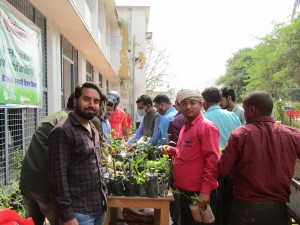
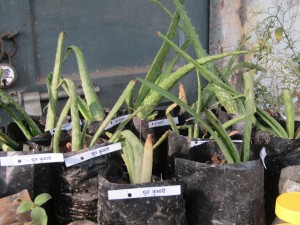
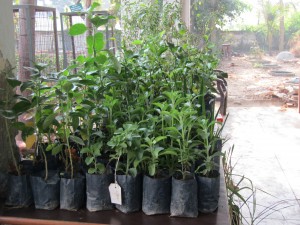
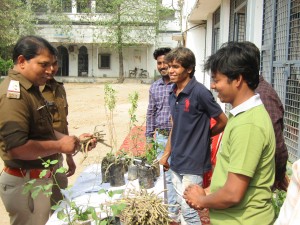
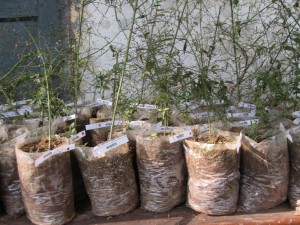
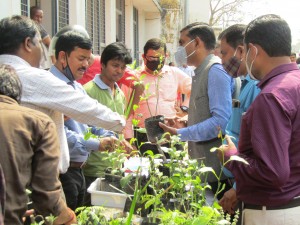
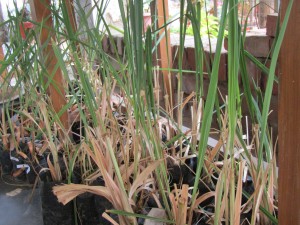
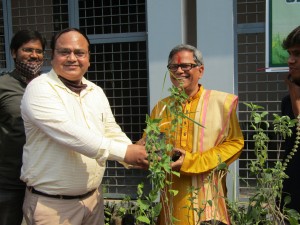

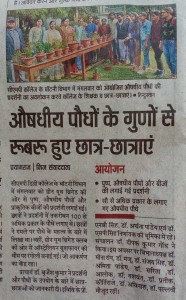
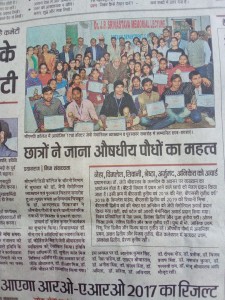
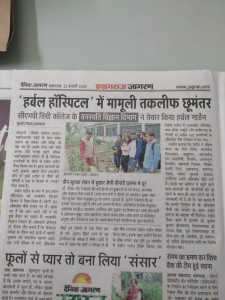
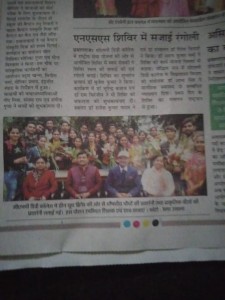
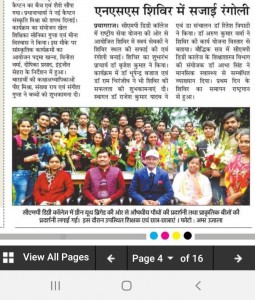
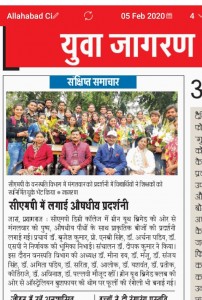
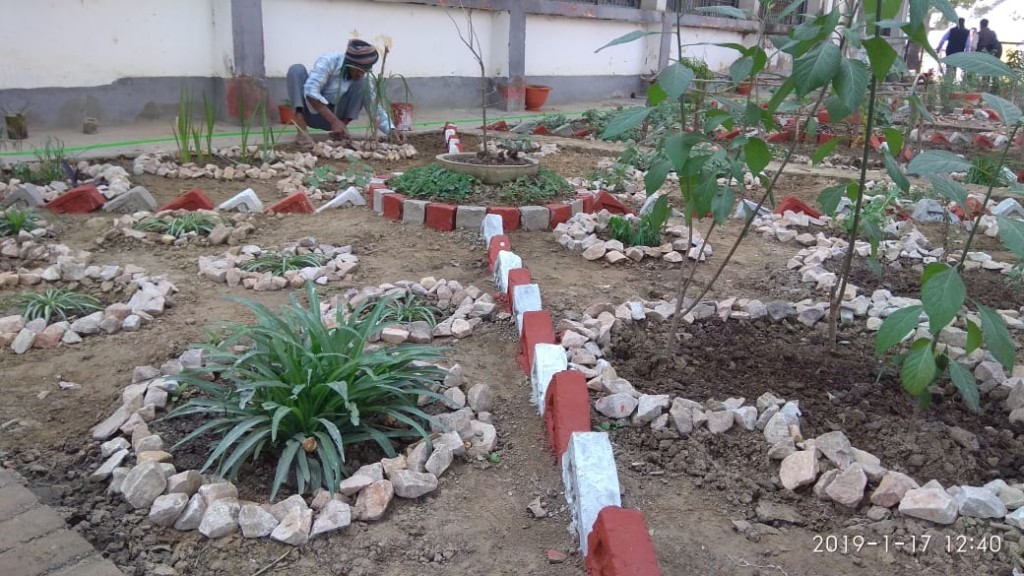
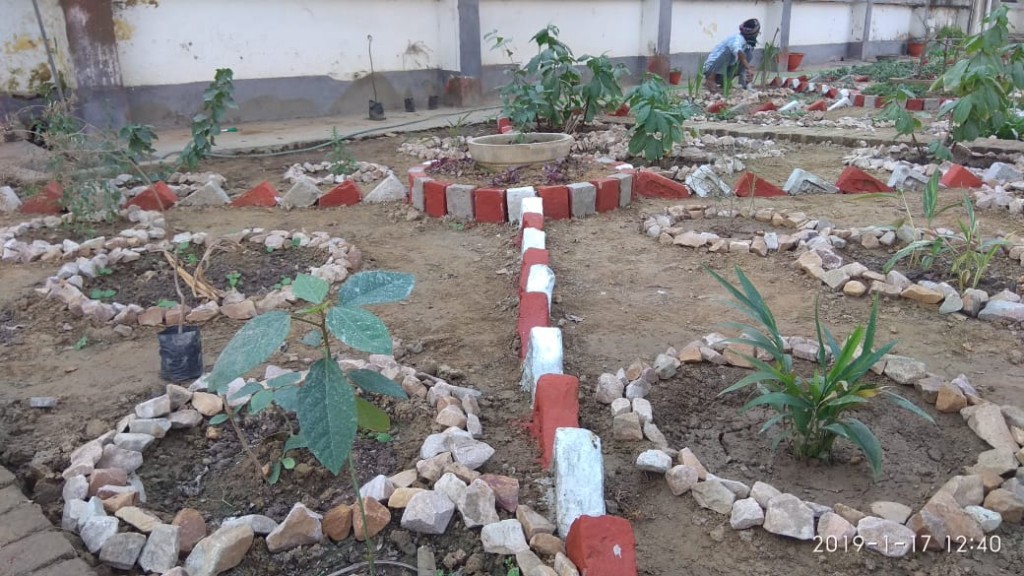
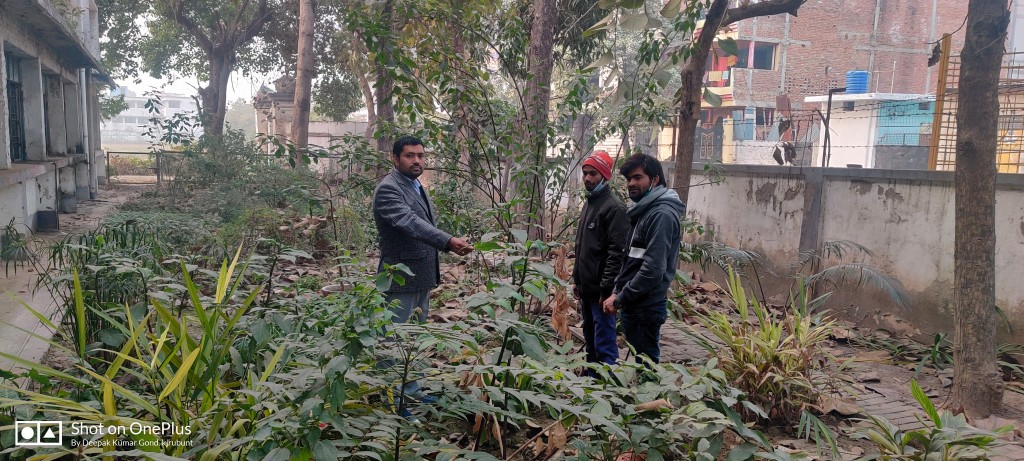
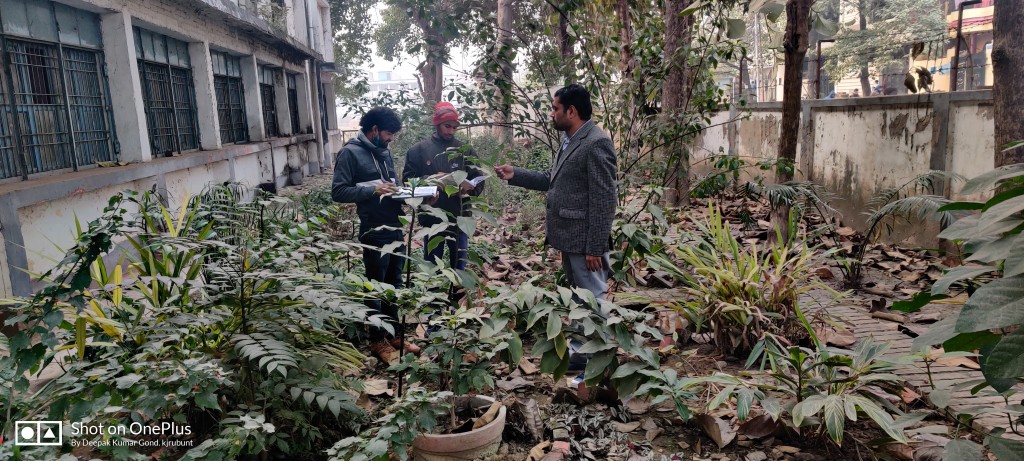
Send your comments/feedback
cmpdc1@gmail.com